REPORT:
After being welcomed at the lovely Platberg Eco Park with a through briefing and opening circle the men were divided into groups to begin their weekend adventure.
“One of the main issues with this generation of men is they’ve mostly been brought up without father figures, role models and mentorship- so they’re kind of cast out to sea in a lifeboat by themselves.”
“When I go back home, I would love to be a role model to younger men and impart to them the aspects we have learnt here, that they did not get from their parents. ”
“When I go back home, I would love to be a role model to younger men and impart to them the aspects we have learnt here, that they did not get from their parents. ”
“We have to learn how to love better, how to forgive most importantly and how to grow the young generation into becoming better people than the past generations.”
“One of the main issues with this generation of men is they’ve mostly been brought up without father figures, role models and mentorship- so they’re kind of cast out to sea in a lifeboat by themselves.”
“When I go back home, I would love to be a role model to younger men and impart to them the aspects we have learnt here, that they did not get from their parents. ”
“When I go back home, I would love to be a role model to younger men and impart to them the aspects we have learnt here, that they did not get from their parents. ”
“We have to learn how to love better, how to forgive most importantly and how to grow the young generation into becoming better people than the past generations.”
“Men in the past have been bystanders watching his neighbor beat his wife. And now men are saying we’re not going to do that anymore, we’re not going to be passive.”
– Kevin Rutter, FAN Facilitator
WATCH A CLIP OF THE CAMP





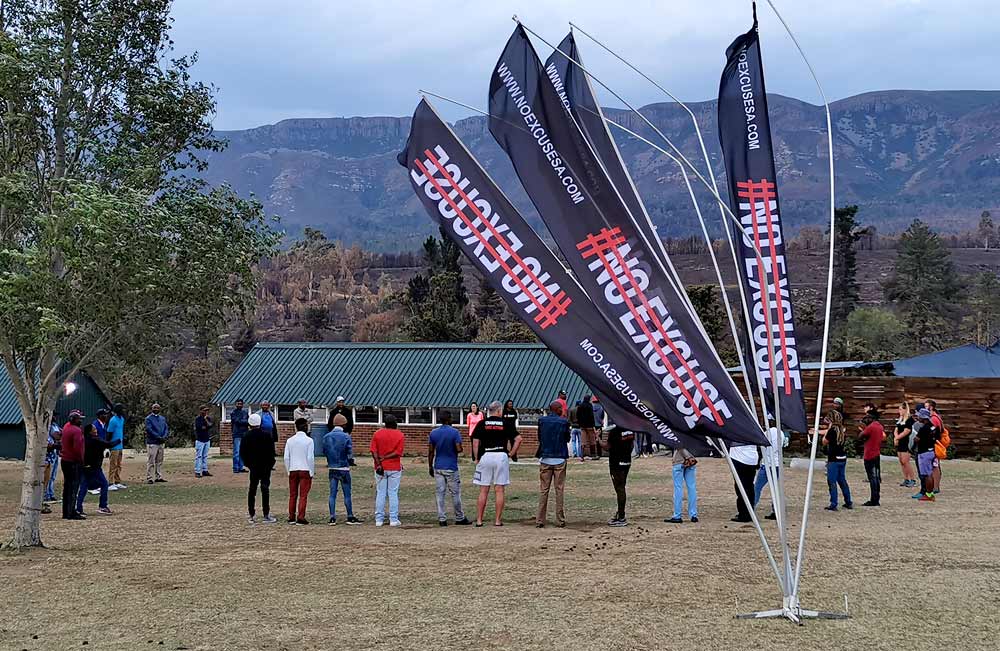
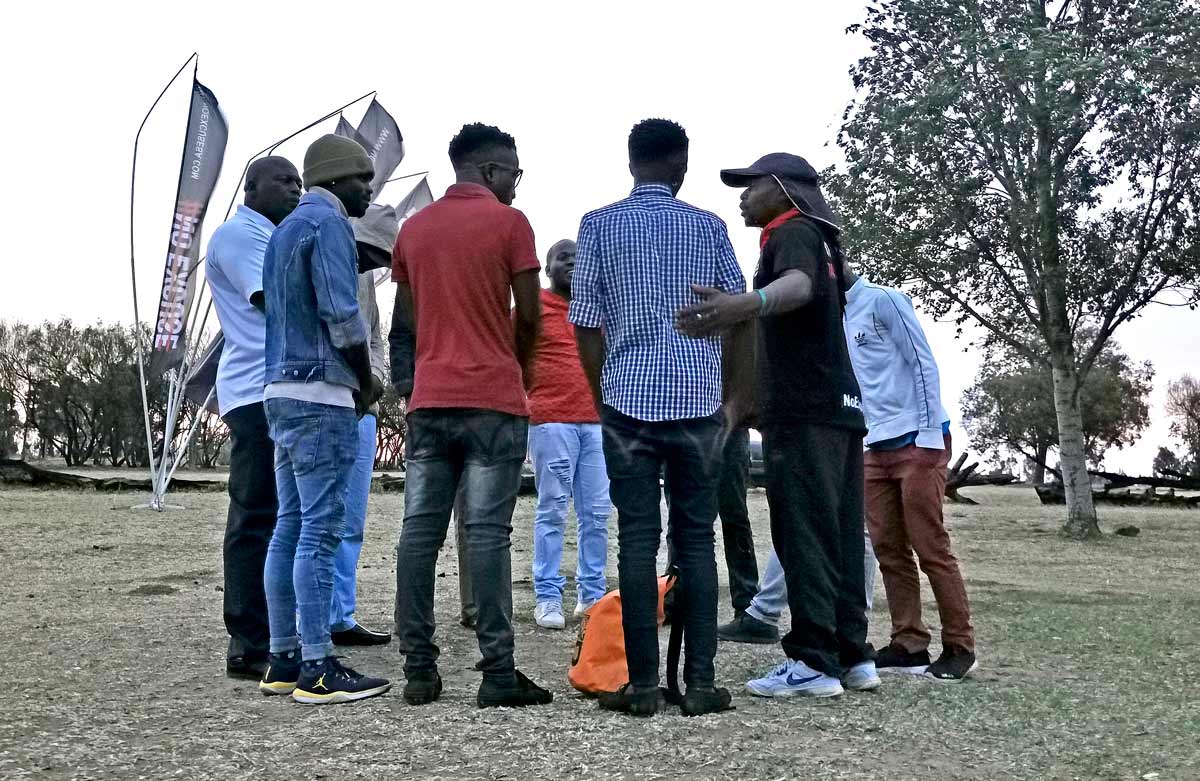
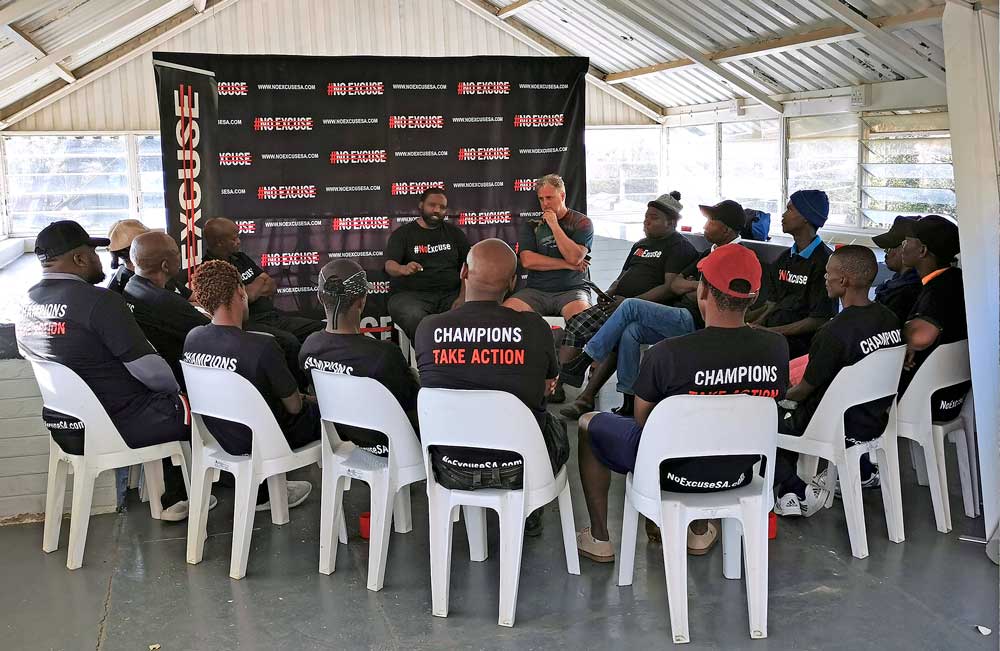
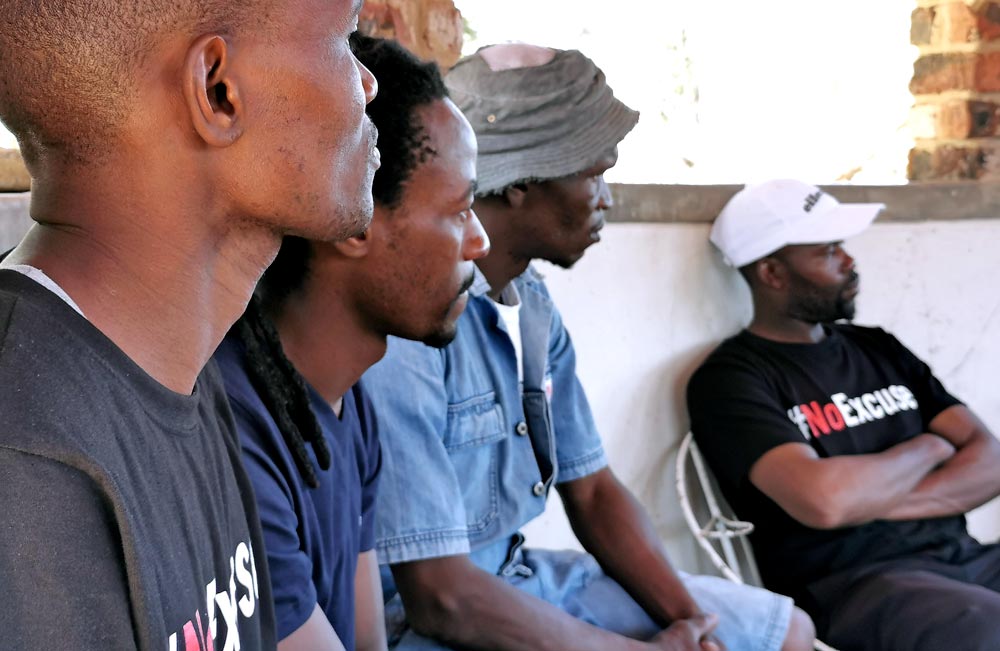
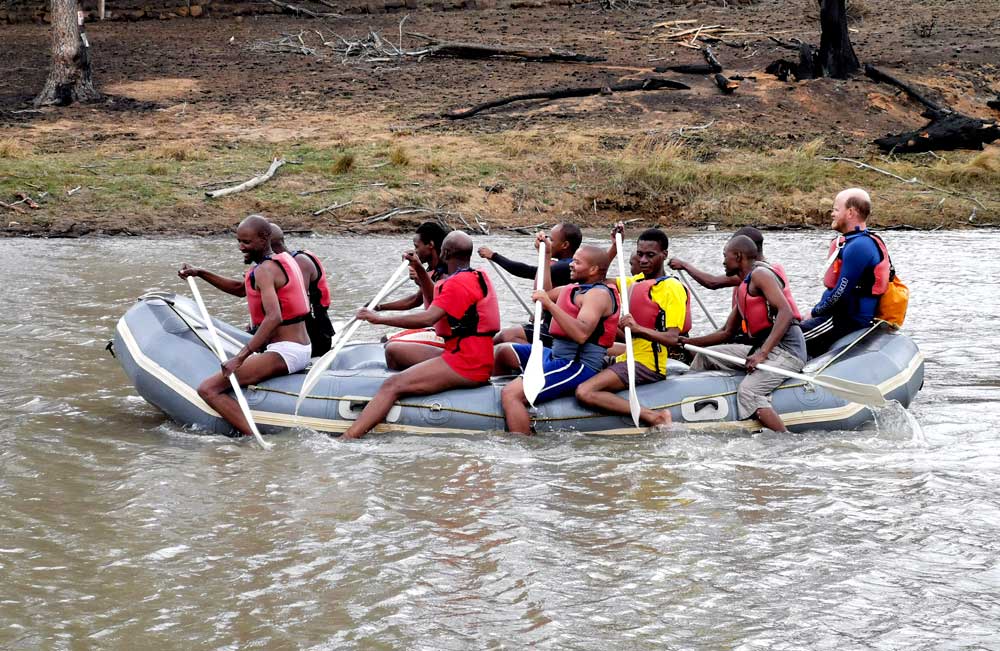
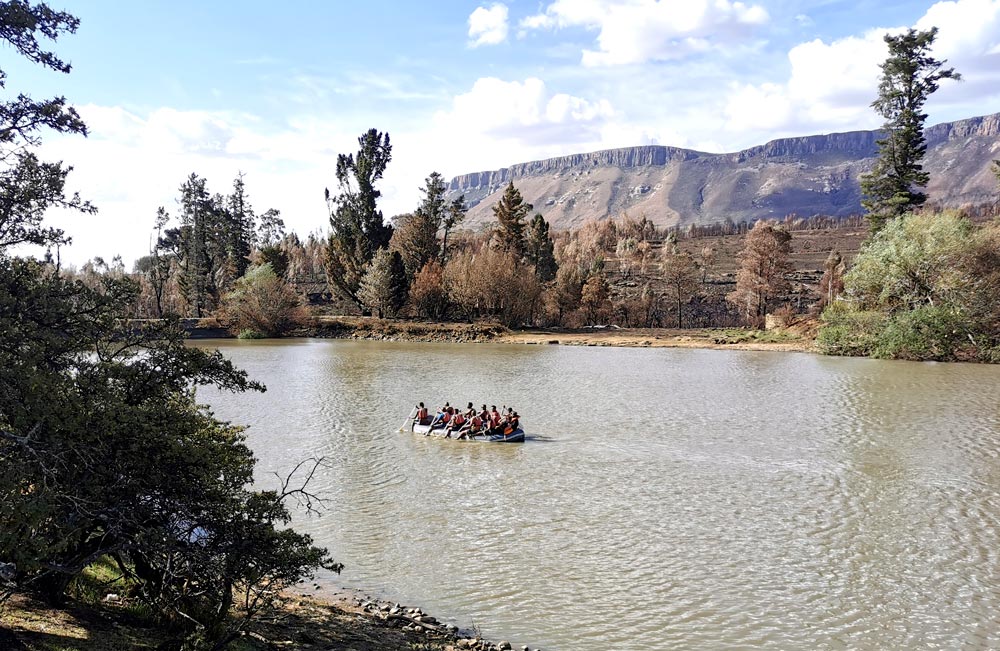
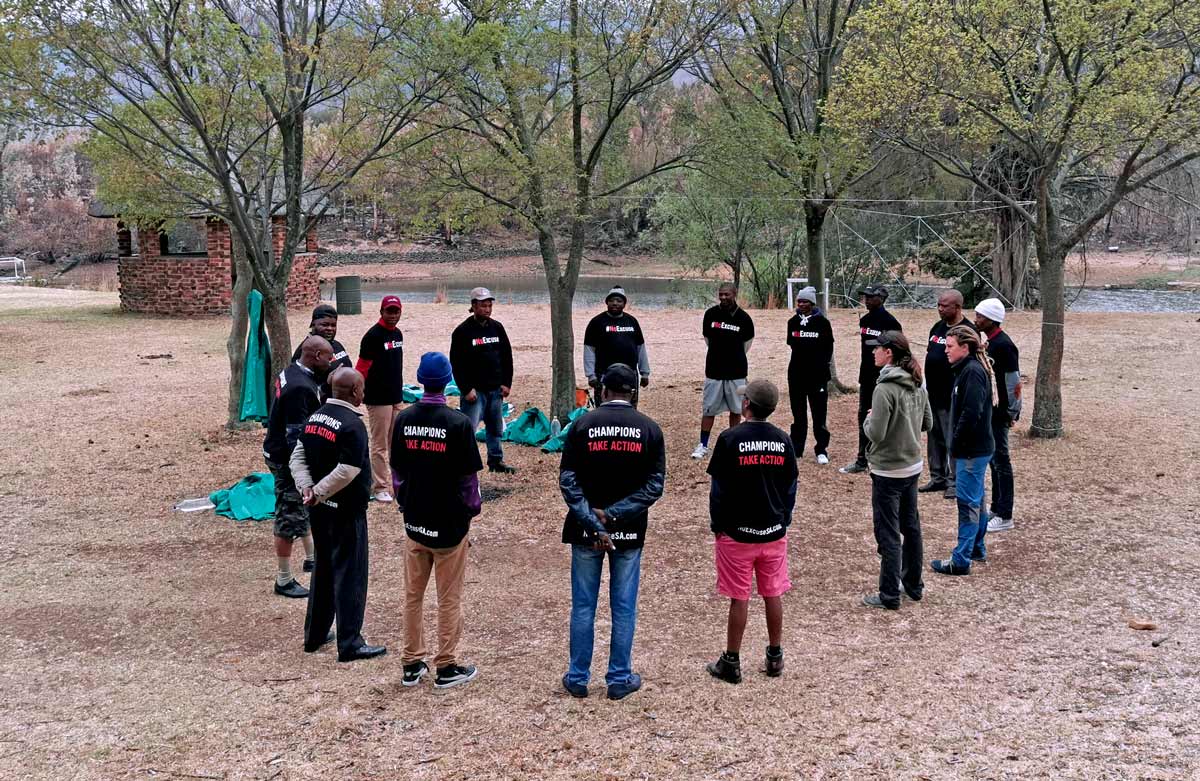
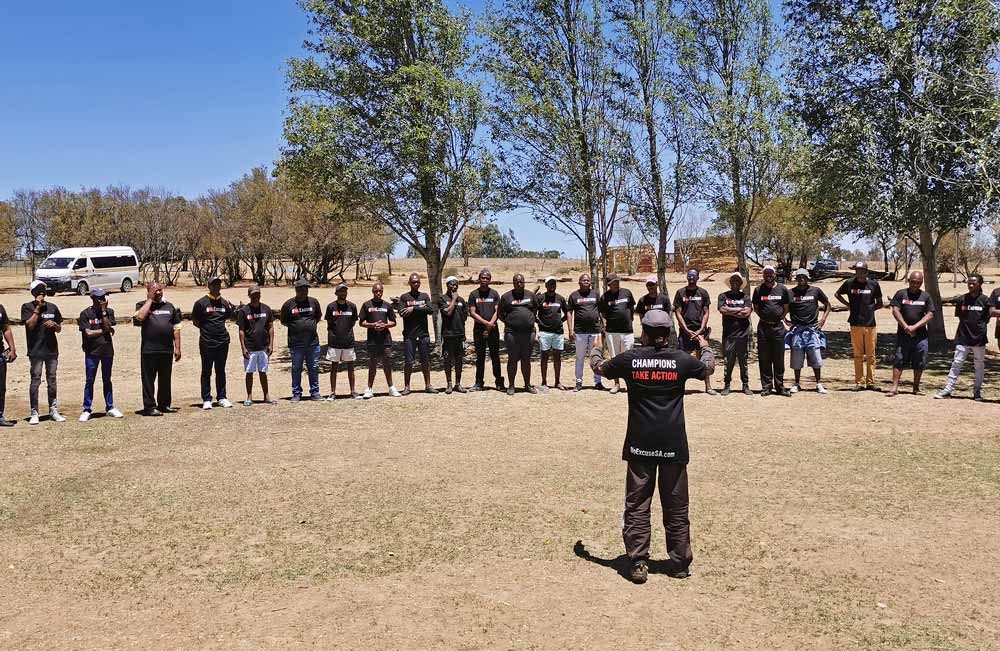
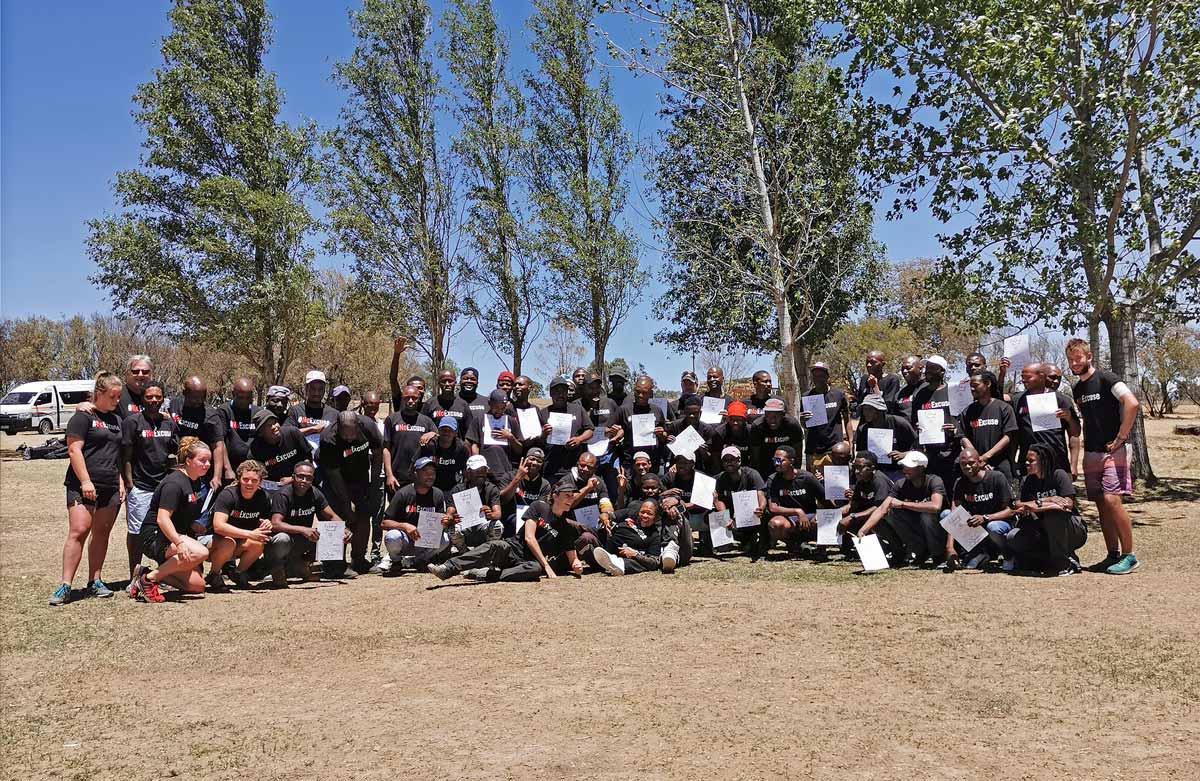
Leave A Comment